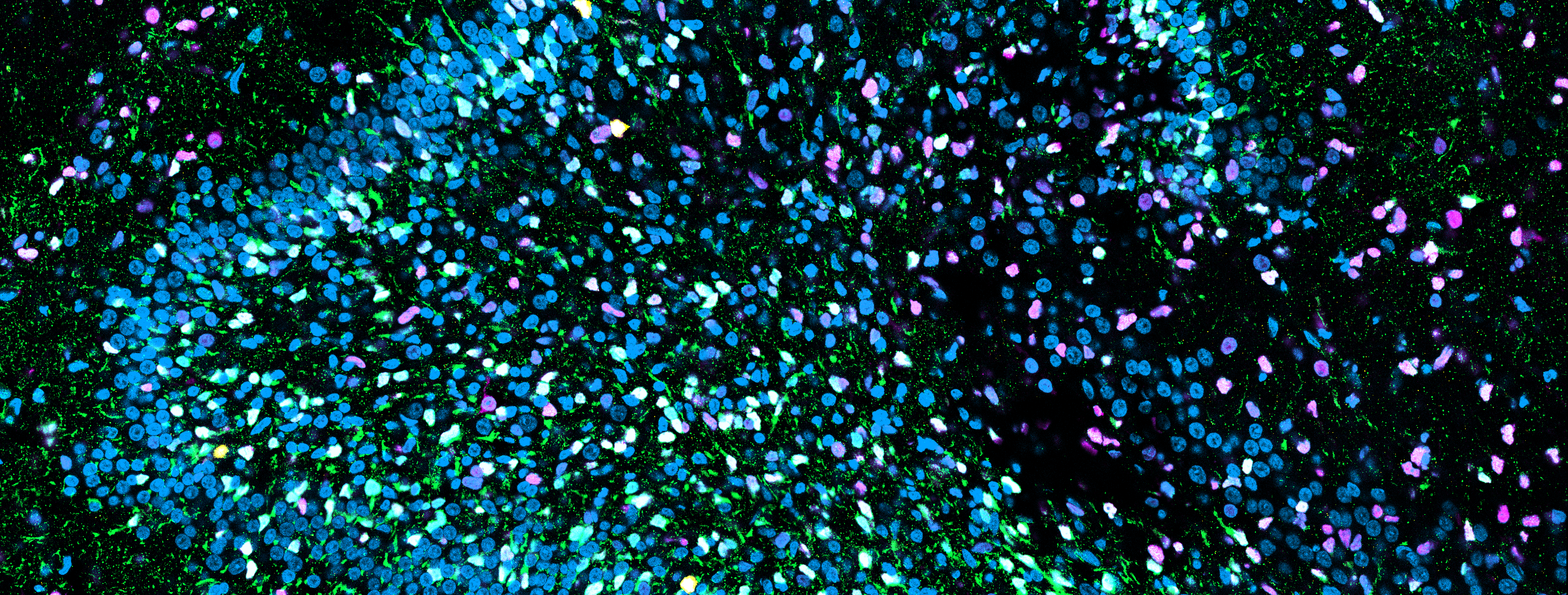Speaker
Description
Metachromatic Leukodystrophy (MLD) is an autosomal recessive lysosomal storage disease caused by deficiency of Arylsulfatase A (ARSA), a critical enzyme that breaks down sulfatides. Accumulation of sulfatides results in neurological manifestations related to white matter loss in the central and peripheral nervous systems (CNS, PNS), accompanied by neuroinflammation and neurodegeneration.
Ex vivo hematopoietic stem cell gene therapy (HSC-GT) using autologous HSCs engineered by lentiviral vectors (LV) to express supraphysiological ARSA levels is the only approved treatment for MLD. While it is acknowledged that engraftment of metabolically proficient HSC myeloid progeny plays an indispensable role in immunomodulation and neuroprotection, the precise mechanism of myeloid-to-neural enzymatic cross-correction is debated. Therefore, we have investigated myeloid-mediated cross-correction mechanisms using relevant in vitro human models and ARSA-/- mice.
Our research unveiled that ARSA overexpression in human monocyte-derived MLD macrophages did not affect the M1/M2 macrophage polarization, which did not influence ARSA secretion from myeloid cells. Transgenic ARSA released by macrophages purified from HSC-GT-treated MLD patients efficiently cross-correct MLD hiPSC-derived neurons and oligodendrocytes. Metabolic cross-correction reduces sulfatide storage at levels similar to healthy donor-derived neural cultures. Of note, ARSA released in the cerebrospinal fluid of HSC-GT-treated MLD patients retains similar cross-correction properties. Delving deeper into the mechanism of cross-correction, we showed that the mannose-6-phosphate receptor partly mediates the uptake of transgenic ARSA enzyme.
Transplantation of murine HSC transduced with LV.ARSA resulted in engraftment of myeloid progeny in the brain and restoration of physiological enzyme levels in ARSA-deficient neural cells. We are performing sn-RNAseq analysis in HSC-GT-treated MLD mice to uncover the effects of cross-correction in reverting neurodegenerative/inflammatory pathways.
Our findings underscore the consistent occurrence of myeloid-mediated enzymatic cross-correction of ARSA-deficient neurons and glial cells within a clinically relevant HSC-GT framework, offering profound insights into the therapeutic potential of this approach for genetic neurological diseases.
Funding: GR-2019-12368930
| Author(s) | Filippo Casalini*, Valeria Calbi, Francesco Morena, Marco Piccoli, Francesca Cupaioli, Ilaria Laface, Ilaria Rossomanno, Francesca Fumagalli, Ivan Merelli, Sabata Martino, Luigi Anastasia, Luigi Naldini, Alessandro Aiuti, Angela Gritti, Vasco Meneghini |
|---|---|
| Affiliation(s) | "San Raffaele Telethon Institute for Gene Therapy (SR-Tiget) - IRCCS San Raffaele Scientific Institute, Pediatric Immunohematology Unit and BMT Program - IRCCS San Raffaele Scientific Institute, Department of Chemistry Biology and Biotechnology - University of Perugia, Stem Cells for Tissue Engineering Laboratory - IRCCS Policlinico San Donato, Institute for Molecular and Translational Cardiology (IMTC), National Research Council - Institute for Biomedical Technologies, Universita’ Vita Salute San Raffaele" |

